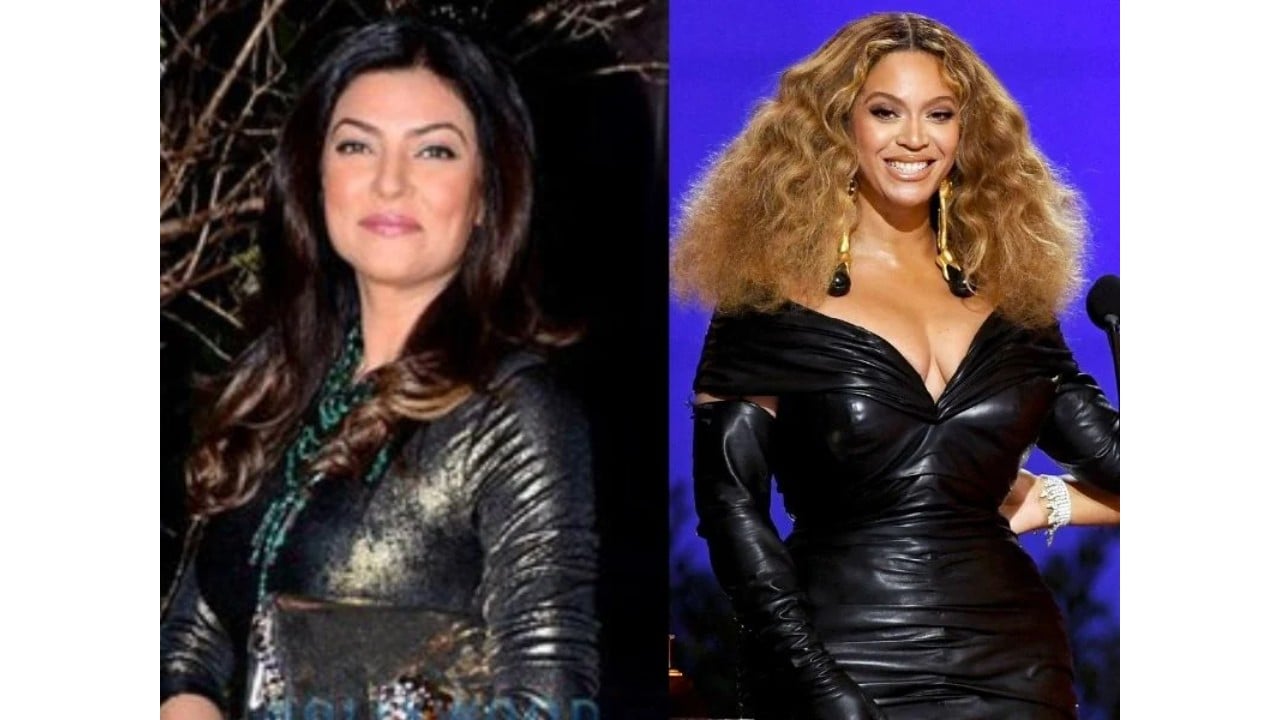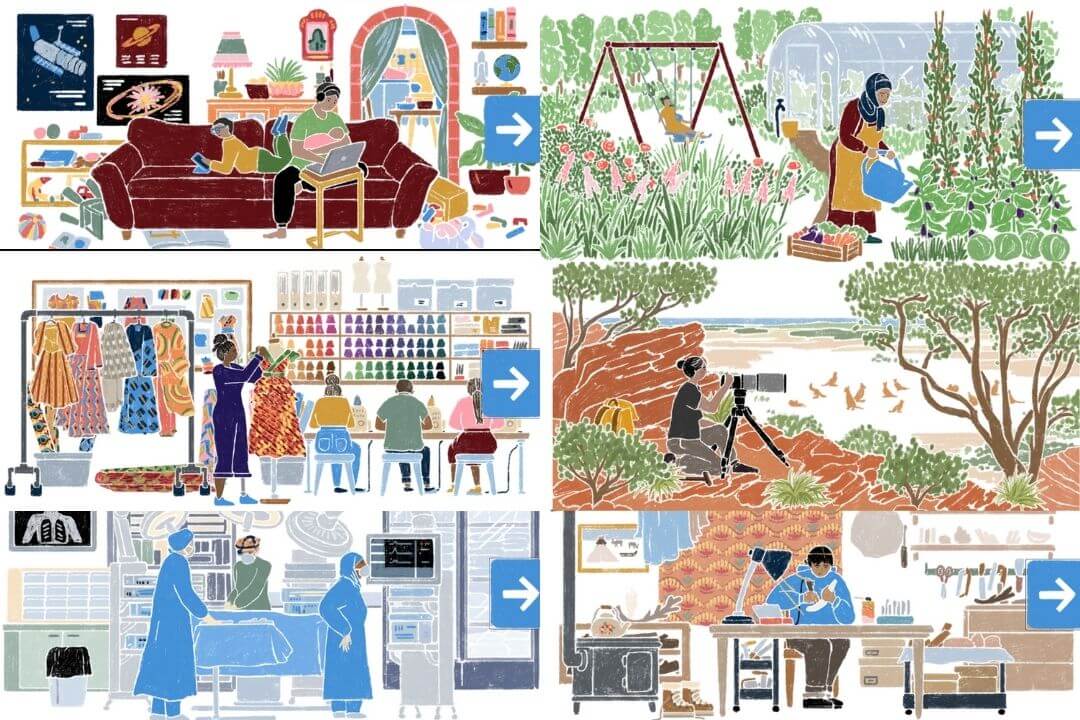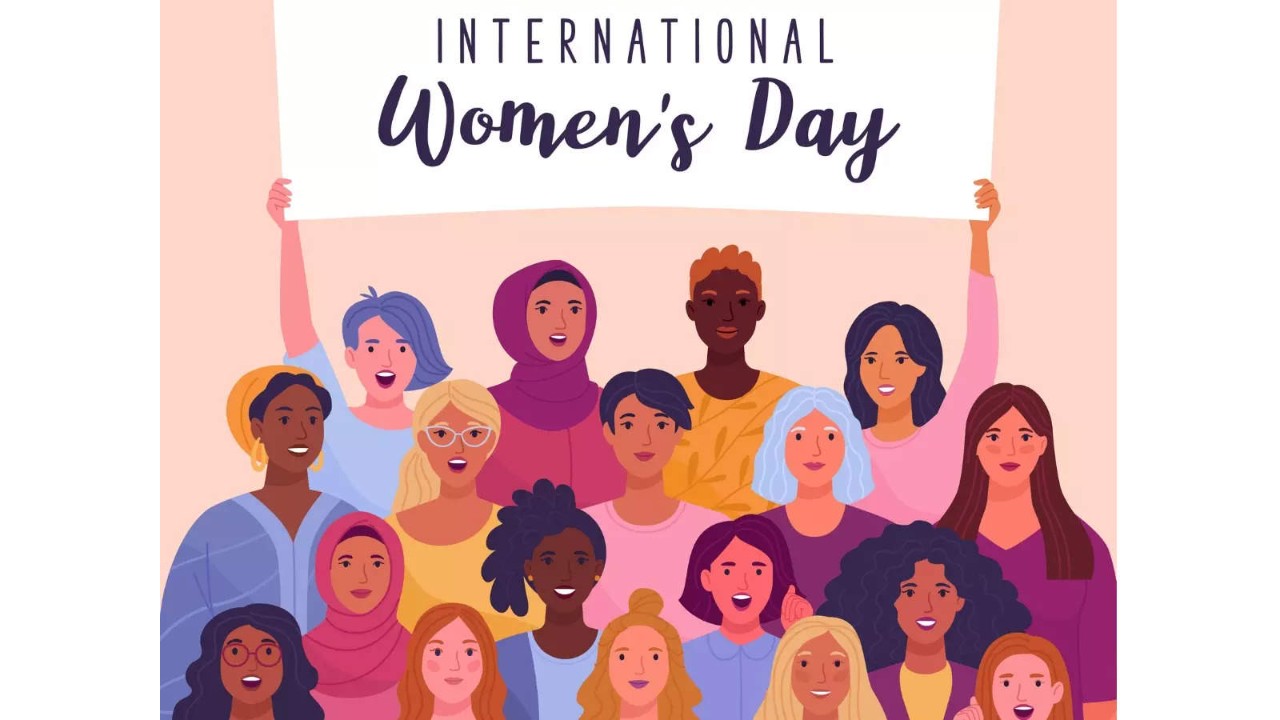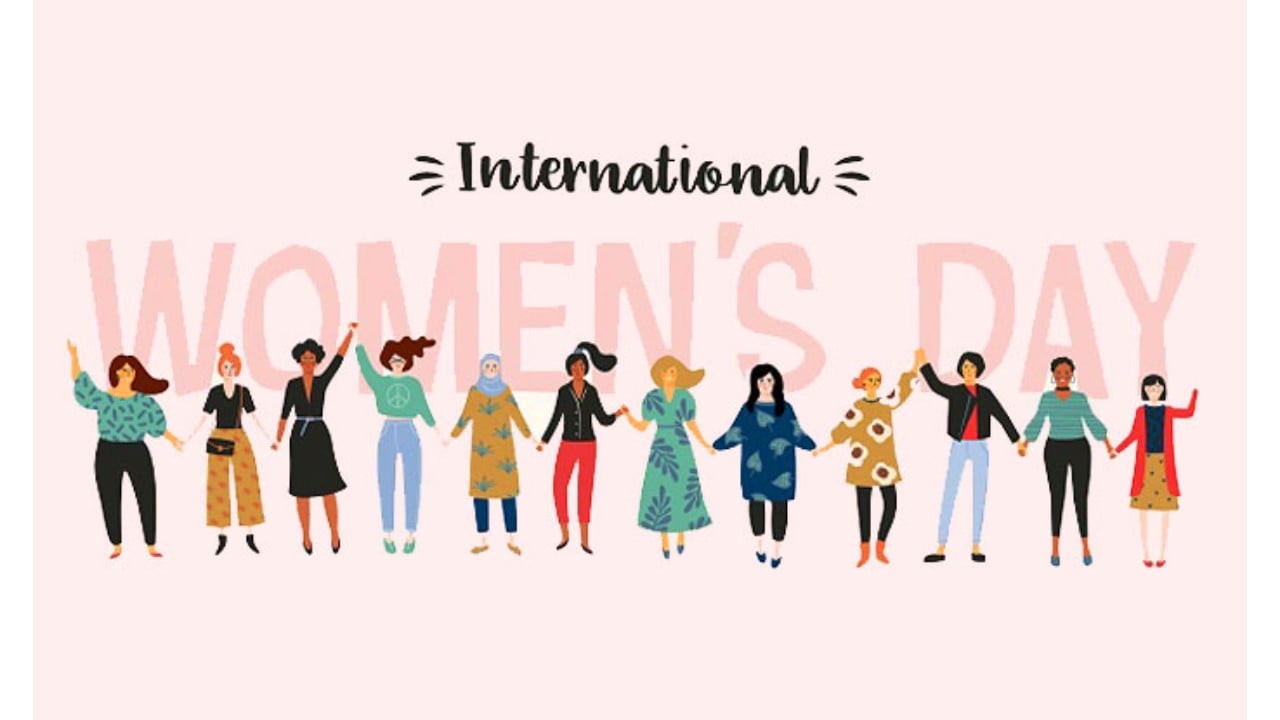Women achievers share a heart-to-heart on International Women’s Day; flag concerns such as poor participation in labour force, societal attitudes, lack of confidence
On International Women’s Day, APN hosted a special show to talk about women who inspire us. Moderated by APN Editor-in-Chief Rajshri Rai, the guests were Dr Sunita Godra, founder and director of Health Fitness Trust; Sharbat Jahan Fatima, Congress spokesperson; Tanu Patni, journalist; Bhawna Dixit, social activist; Manisha Dixit, journalist; Ritu Goyal, assistant professor, DU and lawyer Smita Madhu.
Sunita Godra is a former Indian marathon runner. She became the national marathon champion in 1984 and won gold at the 1992 Asian Marathon Championship held in Bandung. She talked about the hurdles she had to face to become a marathon-runner in a society that is “not safe for women”.
She said: “In the 1980s only three women had completed the marathon which is 42 km. So one can understand the scenario. The greatest risk was safety. We did not have coaching centres and the support that we have today. So I had to do my training in fields, forest areas or roads. And during training I had to be accompanied by guys who could run 15-20 km. After my marriage, my husband being an army officer appointed a gunman for my security. He used to accompany me during my trainings.”
Sharbat Jahan Fatima came into politics when there were few women in the field. Being from the minority community, the struggle became all the more difficult for her. She said: “I come from a small village, Sitamarhi, in Bihar. I come from an orthodox society and family. But after marriage, my husband helped me complete my education. While I was pursuing my PhD, my husband introduced me to Youth Congress. He always encouraged me to do something different. I joined the Youth Congress in 2000. I was so young that they didn’t want to do much with me. They told me to come in the office only twice a week. So I attended most of the meetings from home. But I wanted to be out there. This struggle continues till date. I became a part of the main committee in 2005. But there are times when I am not given tickets because according to them I won’t be able to handle that area. That area can only be handled by a man! No matter how much I plead with them to give me a chance and tell them I am ready, they just dismiss my arguments casually.”
Tanu Patni had to juggle family and work. There were times when she was frustrated, she admits, but she has handled both successfully. She said: “I am from JNU. In those times I thought the world is in my hands. I can do anything. But life taught me elsewise. The biggest lesson that life taught me is that one cannot live alone in this world. And if two people are leading a life together then compromises are a must. There were times when I had to complete my work and catch the train every weekend to visit my husband where he was posted. His transfers did affect a lot of my decisions. But those were my choices. We treat each other as equal. No one is superior. There was this one incident when my children were toddlers; I had to go out to work and had asked my husband to stay at home to look after them. But soon news came that a riot had broken out in some areas. He had to go obviously. So I left my work and came back home. But he didn’t ask me to. I did it because I thought it was the right thing to do.”
Bhawna Dixit thinks raising her daughter is her greatest achievement. She said: “I feel proud to have given my daughter a good education. I feel proud that I am raising an educated girl for the next generation. We are homemakers, not housewives. To maintain a home and raise a family is not an easy task. I want to educate very girl child in the country. And I became a social activist for that very reason.”
Manisha Dixit presented a counterpoint. She said women should not be treated as the second sex. “The other guests talked about how their husbands supported them. But it is their own achievement. They had the courage to go forward. We are all equal. We are not the second sex. The moment we start talking about two people (husband and wife) living a life together, living a dream together, the woman goes a step backwards,” she explained.
Vidushi Pandey said though women have come a long way, the destination is still far away. “Ninety-percent of working women are in the informal sector. The visibility of women in the formal sector is negligible,” she said.
Ritu Goyal talked about being a single woman in Indian society. She said: I am single, not alone. I am perfectly happy. I have the support of my brothers and parents. What is unfortunate is the excuses that the society makes for my single status. Comments like she is single because she has so many responsibilities are pretty common. To them being single cannot be a matter of choice.”
Smita Madhu said though there are laws women can’t muster the courage to go to courts. They lack the self-confidence to come out of the shackles of an orthodox society and protest injustices perpetrated on them, she said.
—Compiled by Usha Rani Das


 India News6 hours ago
India News6 hours ago
 India News6 hours ago
India News6 hours ago
 India News7 hours ago
India News7 hours ago
 LATEST SPORTS NEWS6 hours ago
LATEST SPORTS NEWS6 hours ago
 Latest world news3 mins ago
Latest world news3 mins ago









